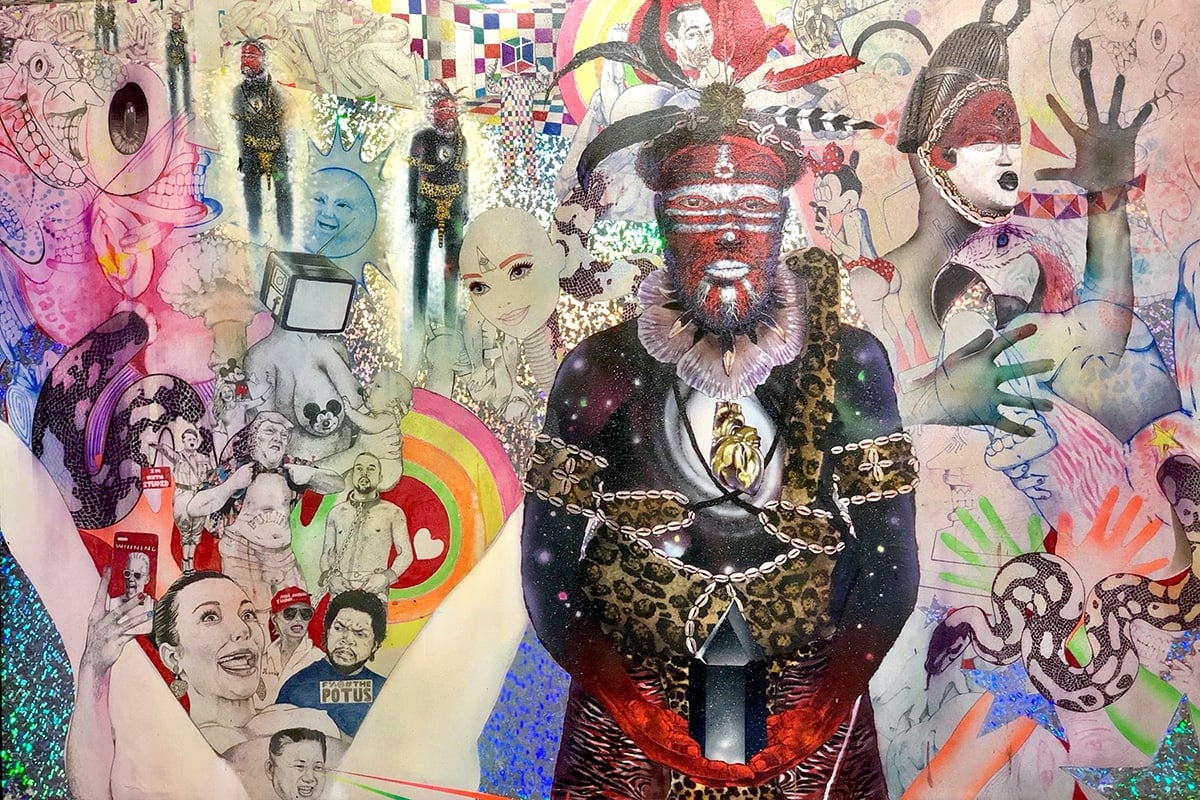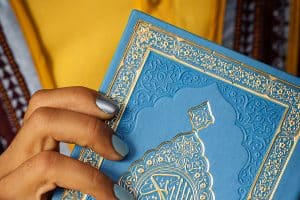Meet Chor Boogie, an acclaimed aerosol street artist-cum-Bwiti nganga—a healer and seer of the Indigenous West African tradition.
Chor grew up in Southern California, where he spent his days spray painting while always boogieing to the beat, hence the artist alias Chor Boogie. “Coming from the streets,” as he puts it, Chor started drinking alcohol and smoking cannabis by the age of 13 and, ultimately, became dependent on heroin—an all-too-common trajectory for the kids he grew up with, who often ended up in jails, institutions, prison, or dead.
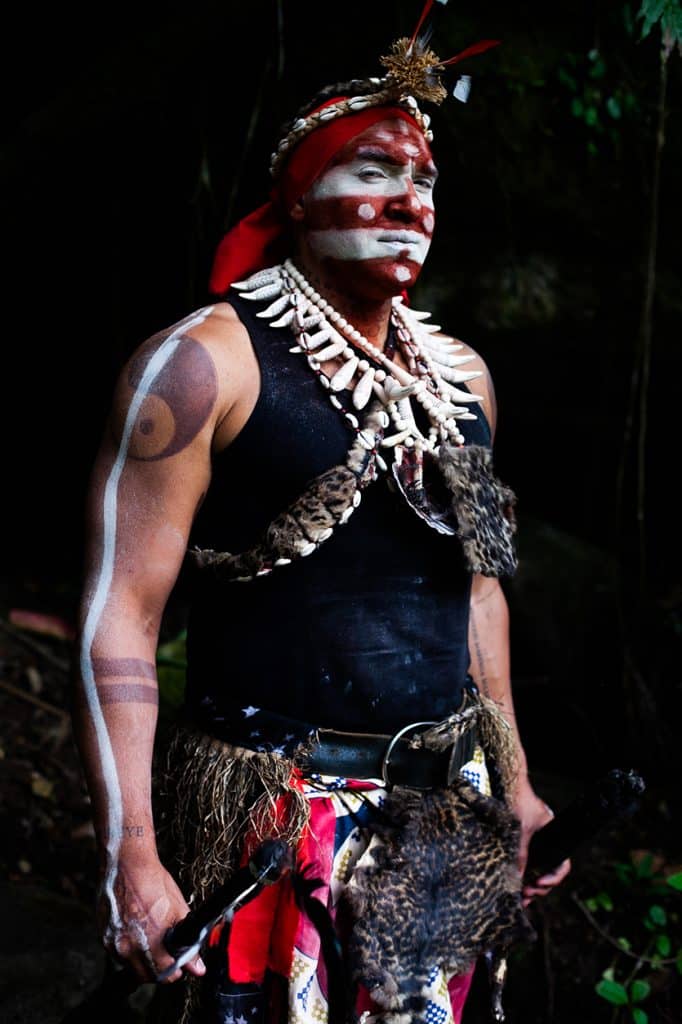
Chor beat the odds: At the tender age of 22, he got sober through a long-term rehabilitation program that included spiritual practices. He fortified himself spiritually by connecting with the Bible and exploring aspects of religion his father taught him as a kid. He began to pray—and then began to create his own prayers, many of which remain with him to this day.
His artistic career took off. He painted his way around the world, exhibiting at Olympic Games, art museums, and visionary festivals. He has painted for Google and has been commissioned by celebrities such as Hugh Hefner, Jay-Z, the artist formerly known as Prince, Lady Sovereign, Wu-Tang Clan, Rage Against the Machine, and N.W.A.
Read: The Ayahuasca Experience

Chor came to ayahuasca during a period in which he was otherwise militantly sober. For Chor, ayahuasca opened a dormant wound that still needed healing, and it ultimately worked to lead him to his ancestral medicine, iboga. It was not a “straight line” to healing and cultural reconnection, but a meaningful one.
Fame, travel, and money led Chor to fall back into his old ways. After 13 years of sobriety, he returned to smoking cigarettes, drinking alcohol, doing meth, and engaging in addictive use patterns with heroin. Once Chor confessed to his wife, Elizabeth, that he was once again addicted to heroin, she sought guidance from the trees. Chor says the Redwood tree told Elizabeth that iboga was the plant medicine for her husband.
Chor had known about iboga in passing through a friend but never seriously considered taking it. At first, Chor balked at the prices for treatment and, then, realized, that there was no price for his life. Chor felt that he needed to do something and, “the medicine was talking to me, telling me I needed to do this and then my soul said to be open to this. Just listen. I did.”
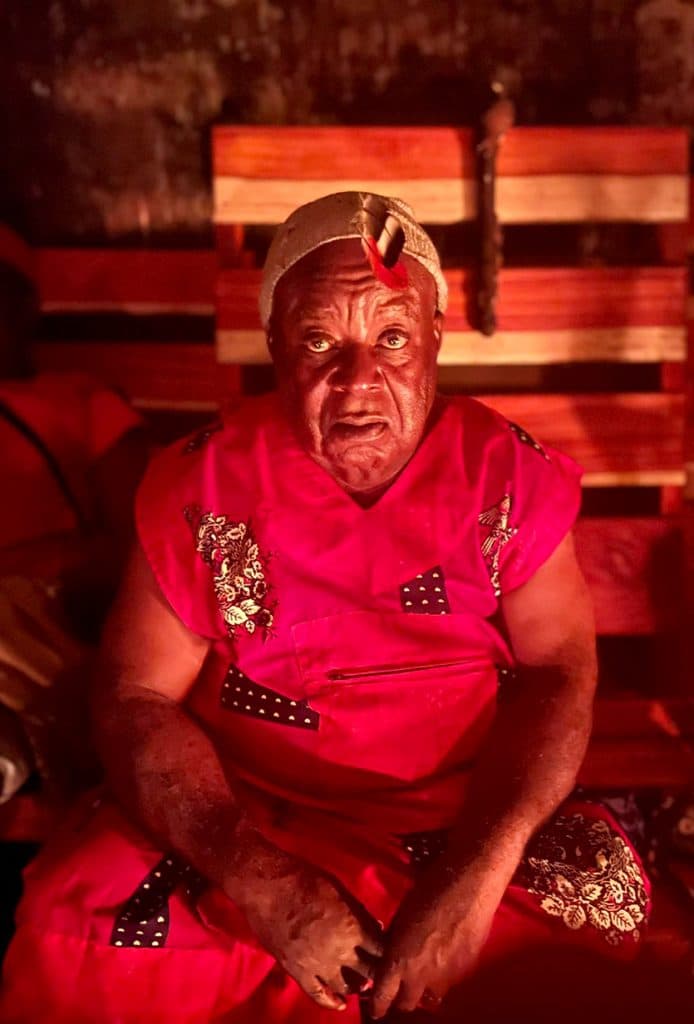
Iboga is a plant medicine from the root bark of a small variety of African plant species in the Apocynaceae family, Tabernanthe iboga and T. manii. It hails mainly from Central West Africa and is used spiritually, and for healing, among the Bwiti heritage, an animist belief system based on ancestor worship practiced by the Punu people and Mitsogo peoples of Gabon and by the Fang people of Gabon and Cameroon.
How to Grow Shrooms Bundle
Take Both of Our Courses and Save $90!
He and his wife decided to try it together—she for PTSD, and he for addiction. In his first experience, iboga spoke to Chor’s soul. He felt like he “was coming back home.” He felt a strong calling to, “reunite with my people,” referring to his African heritage.
Chor traveled to Africa and ultimately underwent the arduous process of initiation and rite of passage “to learn the science and skill set that has been operating for eons.” After initiation, followed by ten years of dedicated study, practice, and apprenticeship, he was ordained by Missoko Bwiti elders. Missoko are a tribe Indigenous to Gabon that spans back over a thousand years and follows the Dissumba Bwiti tradition, the mother of all Bwiti.
Now, Chor not only serves others, but returns each year to Africa, to his Missoko elders and village, bringing groups to be initiated and experience iboga in Gabon. He and Elizabeth also offer full iboga treatments, healing and integration programs, and training programs for people learning to become iboga practitioners.
Read: A Brief Heritage of Ayahuasca Art
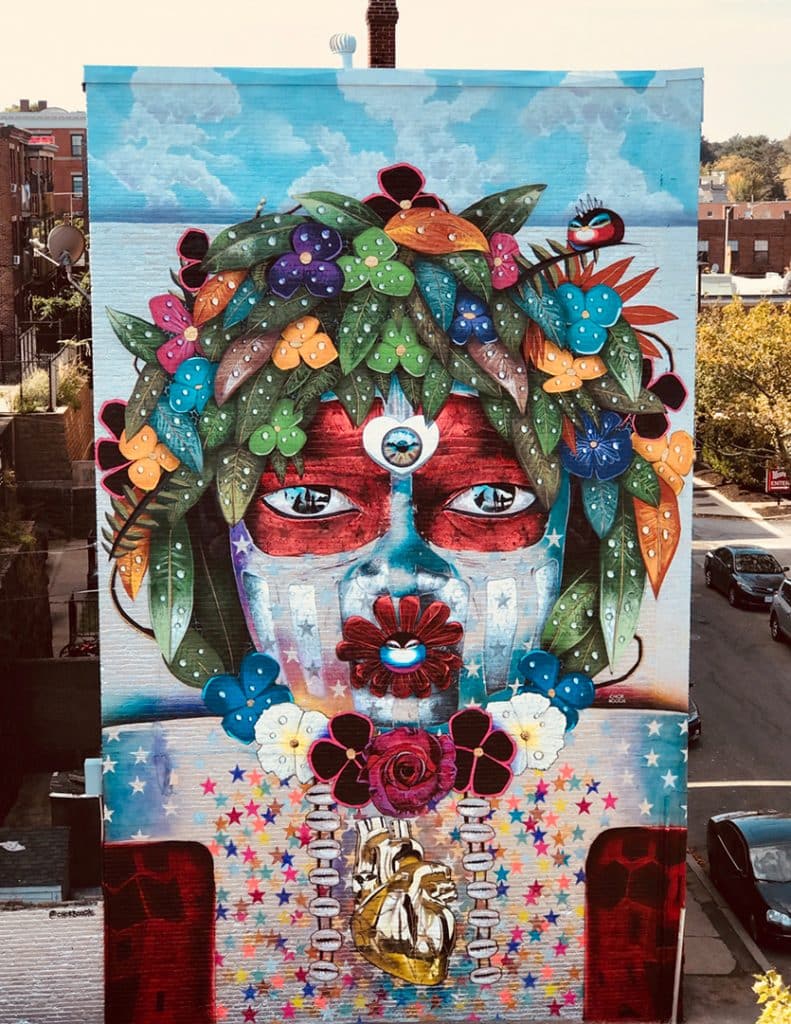
Chor, Elizabeth, and their team have worked with people from all walks of life. Some are on a path of self-discovey, have experienced Ayahuasca, and feel that iboga can help them go deeper, others have trauma, addiction, sexual abuse, PTSD, and other difficulties from which they seek to heal. Chor says about half of the people they treat have some kind of prior experience with entheogens.
“Iboga wipes the slate clean if you listen to the medicine,” says Chor. “Iboga has really opened the door in changing my life.”

Still, after all Chor has experienced, he describes his art as “the love of my life.” For Chor, there is “before the medicine” and “after the medicine,” a demarcation in life that is profound and delineates a clear turning and expansion point.
Much of his art today is inspired by the Bwiti tradition and elements of this tradition are seen in the images he makes. One might say that, in his versatile repertoire, he also is an iboga Visionary Artist.
Chor gives back to the Missoko by allocating a portion of the revenue from his paintings to support the village, to help build infrastructure, temples, and plantations of medicine. In this way, he honors the tradition and the medicine there and also helps keep the medicine sustainable. Chor has received the blessing of his elders to create SoulCentro, a retreat center in Costa Rica to bring the healing of mind, body, and soul through iboga to others.
According to Chor, he has seen iboga help heal traumas, change people’s lives, and reclaim the power of the mind. Chor believes that iboga can also help people to find clarity regarding their purpose, passion, and creativity. At times in ceremony, he says, journeyers can even communicate with their ancestors and heal their bloodlines.
Chor teaches that our senses are the gateway to the present moment: Instead of letting the mind control us, we can learn to control our mind, reconnect to our soul, and heal all of the elements of our being. As a nganga, he guides people to connect to their souls, where the deepest, darkest questions can be asked and answered, so people can ultimately heal themselves with the medicine. It illuminates the darkness, he says, so that the darkness can be released.

DoubleBlind is a trusted resource for news, evidence-based education, and reporting on psychedelics. We work with leading medical professionals, scientific researchers, journalists, mycologists, indigenous stewards, and cultural pioneers. Read about our editorial policy and fact-checking process here.

DoubleBlind Magazine does not encourage or condone any illegal activities, including but not limited to the use of illegal substances. We do not provide mental health, clinical, or medical services. We are not a substitute for medical, psychological, or psychiatric diagnosis, treatment, or advice. If you are in a crisis or if you or any other person may be in danger or experiencing a mental health emergency, immediately call 911 or your local emergency resources. If you are considering suicide, please call 988 to connect with the National Suicide Prevention Lifeline.
